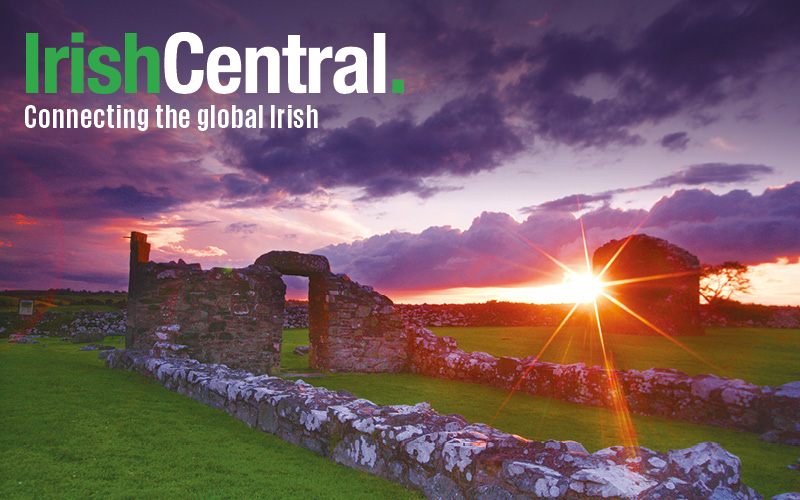It's become increasingly obvious to observers of the standoff between the New York St. Patrick's Day parade and Irish gay groups that it's the parade committee who have in fact lost.
I say “lost'” very reluctantly. If Irish gay groups have been anything, they have been consistent in their decades long calls for inclusion, not victory.
But all their principled calls have gone unheeded for 25 years and we are where we are now, in a longstanding and disastrous public relations battle.
And before it's anything else the annual parade wrangle is a massive public relations disaster. Each March 17 the world's cameras roll as a small but influential parade committee make the toxic statement that gay Irish people are unwelcome to march in the world's signature Irish American community parade under their own banner.
Year after year, like latter day George Wallace's, the parade committee broadcast this message in the middle of Manhattan: segregation today, segregation tomorrow, segregation forever.
Give them maps to show them where they actually are in 2015 and they will not believe you. Remind them that their last truly resounding victory against gay Irish inclusion was twenty years ago in 1995, in a decision that was made by a very different Supreme Court and delivered to a very different court of public opinion, they don't care.
People who aren't used to losing can take a long time to discern when they have lost. They can take years and even decades to grasp what the more politically adept often discern from the very beginning.
Meanwhile Ireland itself has made history by becoming the first country in the world to hold a national vote to enact marriage equality for LGBT couples. By the end of this month the United States Supreme Court is also expected to approve marriage equality nationally. The tide of history, the court of public opinion and the Irish nation that created this parade have all spoken clearly.
If the parade committee had been smarter it would never have taken this bet in the first place. Irish history is not kind to people who dare to draw a line under who is permitted to be Irish and who is not.
And although the conservative top brass of the New York parade have been marinating in defeat for at least five years now, very few of their less robustly anti-gay committee members have been courageous enough to say so.
It's time.
In the 1940's and 50's Ireland that St. Patrick's Day Parade Chairman John Dunleavy grew up in, no one knew anyone gay. That is the climate was so hostile to gay people that most had the sense to stay invisible if they wanted to remain alive.
The bluntly theocratic Ireland of those decades saw off every challenge to its wholesome and wholly inaccurate image of itself. Put your head above it's low parapet and you'd have had it taken off. But those dark years are long over.
They ended because the Irish observed how they led to a hardening of attitudes toward the socially inferior. Poor people, the unwed, the divorced, the pregnant out of wedlock, uppity women, artists, writers, leftists, gays, all of them found the new nation a cold house and a hard one and were evicted spiritually, politically, economically and often physically.
That old, cruel hardening of attitudes finds its modern echo in Dunleavy's risible nonsense when he compares Irish gay people asking to march in the new York St. Patrick's Day parade to the KKK asking to march in an African American parade, or Neo-Nazi's asking to march in the Israeli Day parade.
That’s because like many of his era Dunleavy thinks Irish gay people aren't actually people. He thinks they're actually the opposite of people. To him they represent the antithesis of the “Irish faith and heritage” that he grew up with because when he was young he never saw any people like the gay ones he bars the door to now.
Few Irish people under the age of 75 are surprised to discover there are gay people, or that they are often decent, hard working, entertaining company and as morally fit for duty as the next man or woman. But to Dunleavy's generation that's a spiritual and social impossibility. Gay people aren't people. Bar the gate, keep them out.
He has been asked, over and over, is this the hill you want to die on? The answer has always been yes. Here he stands, he can do no other.
So there's no point in talking to him in terms of inclusion or even in terms of surrender. Recall how the last Queen of France, Marie Antoinette, stuck around a little too long whilst La Fayette drafted the Declaration of the Rights of Man and of the Citizen.
We are in a similar moment with our own parade heads.




Comments